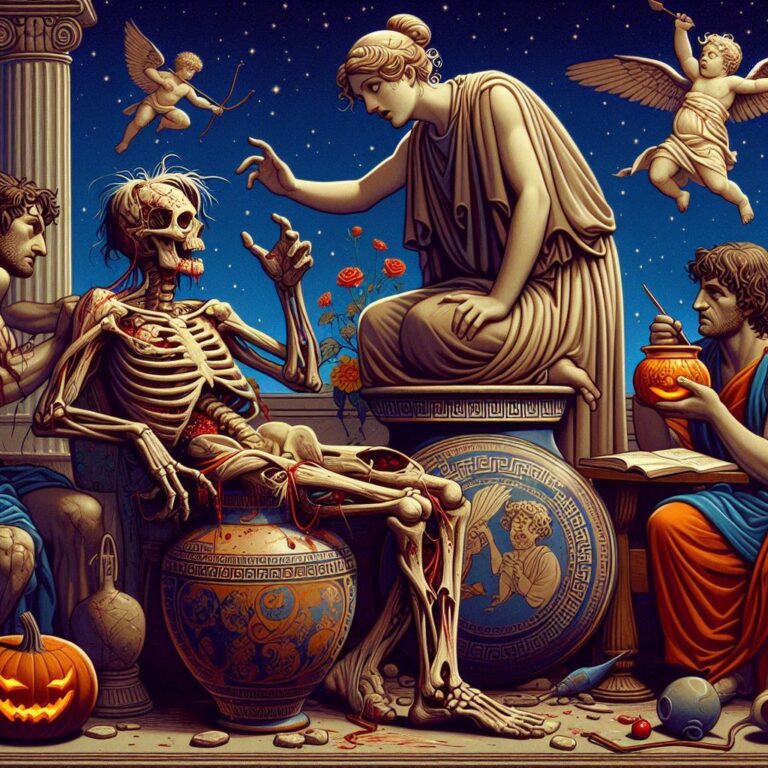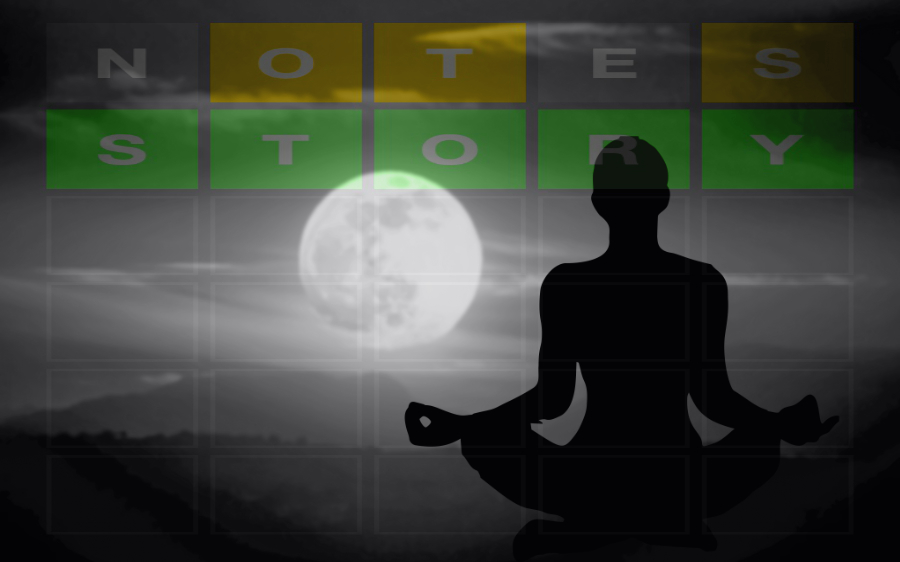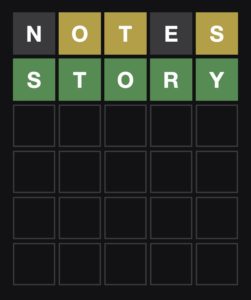The nights and days collide with violence. There is the nocturnal me and the dazed, daylight version squinting away from the glaring windows. There are the catnaps that lace with riotous algebras. I am addicted to caffeine, or run on it, until even it becomes unpersuasive, and I droop over at the keyboard. Then this pulse of creation pulls me out again, stunned for a few beats, and I grasp my mug and stumble back to the lab floor.
Z keeps changing, day by day, midnights into dawns, and reawakening in clanging novelty. Z is for “zombie,” for it is in the uncanny valley of both a physical and cogitating thing. It perceives, stands, jogs in place beside me on the laboratory floor, an ochre braid of wires bouncing in a dreadlock mass behind it. Z plays chess, folds towels (how hard that was!), argues politics (how insane is that one!), and constantly restructures nuances in its faces and gestures. Sometimes I’m tired and Z is an impertinent teenager. Often there are substitutions and semantic scrambling like a foreigner who mistakes a word for another, then carries on in a fugue of incoherence.
There is a half-acre of supercooled GPUs to the north of the lab where the hot churn of work is happening. It’s a spread of parallel dreamscapes, each funneled the new daily stimuli, stacking them into a training pool, then rerunning the simulations, splitting and recombining, then trying again to minimize the incoherency, the errors, and the size of the model. Of the ten thousand fermenting together, one becomes the new Z for a few hours, but then is gone again by morning, replaced by a child of sorts that harbors the successes but sheds the excesses and broken motifs.… Read the rest



